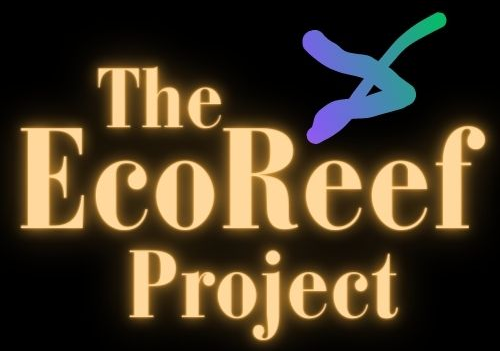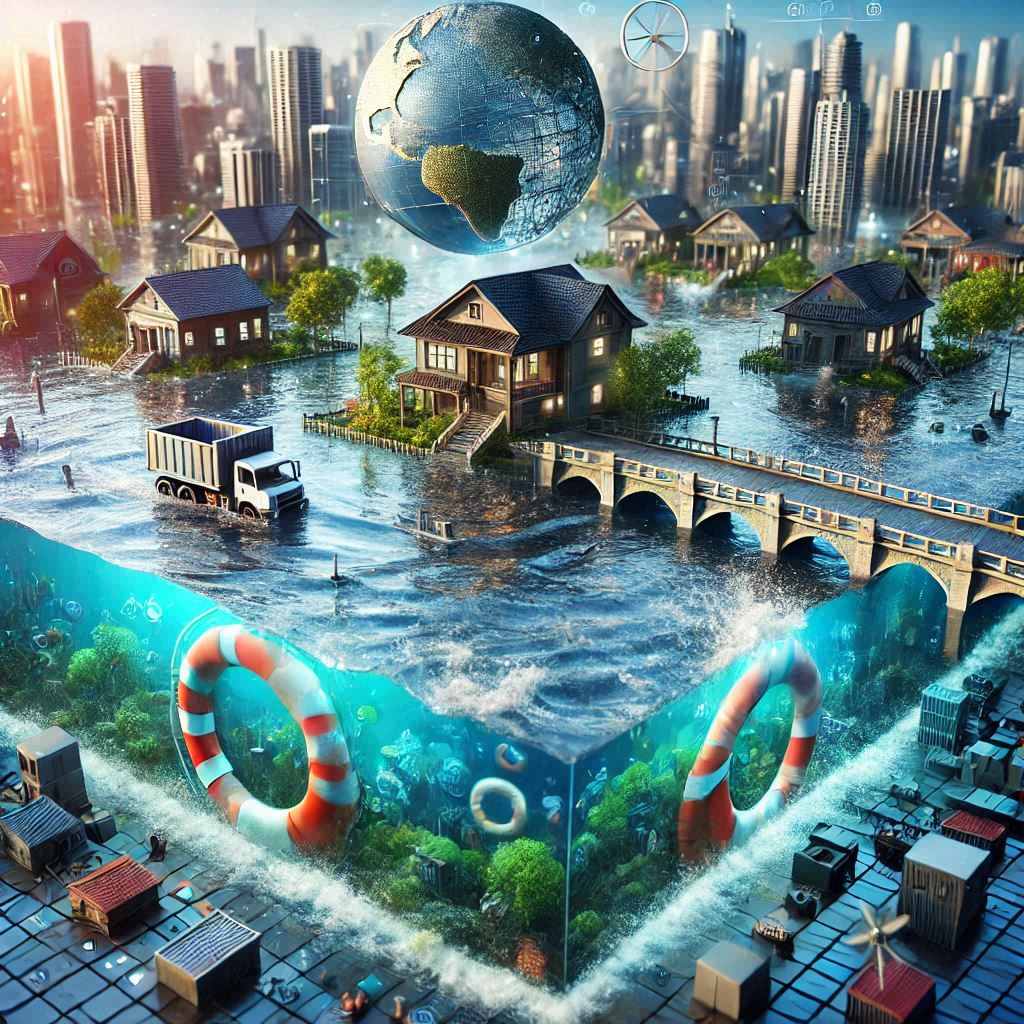
Why Progress is Often Hindered By Idiocracy
In our collective effort to create a healthier planet, Idiocracy has a giant impact as idiots sometimes are just idiots. it’s disheartening to see progress stymied by actions that seem counterproductive. This paradox can be attributed to a variety of factors, from political inertia to individual behaviors that, while well-meaning, sometimes miss the mark. Let’s explore why these so-called “idiots” might be holding back environmental progress.
Political and Economic Interests
A significant barrier to environmental progress is the intertwining of political and economic interests. Policymakers often face immense pressure from powerful industries that benefit from maintaining the status quo. For instance, fossil fuel companies wield considerable influence and resources to lobby against environmental regulations that could impact their profits. This results in a scenario where short-term economic gains are prioritized over long-term environmental health.
Misinformation and Denial
Despite the overwhelming scientific consensus on issues like climate change, misinformation continues to spread. This is often driven by vested interests that benefit from public confusion. Climate change denial, for example, is not merely a matter of ignorance but a strategic effort by some to maintain their economic advantages. This misinformation campaign can lead to public apathy or even hostility towards necessary environmental policies.

Hypocrisy and Inconsistent Actions
Even among those who advocate for environmental change, there can be a disconnect between their words and actions. This hypocrisy can undermine the credibility of the environmental movement. For instance, an activist might campaign against plastic pollution but still use single-use plastics in their daily life. These inconsistencies can be exploited by opponents to discredit the entire movement, making it harder to achieve meaningful progress.
Lack of Critical Thinking
Critical thinking is essential for understanding the complex nature of environmental issues. However, not everyone possesses the skills to analyze and synthesize information effectively. This can lead to oversimplified solutions that don’t address the root causes of environmental problems. For example, promoting electric cars as a panacea for climate change overlooks the environmental impact of battery production and the source of the electricity used to charge them.
Cultural and Social Norms
Cultural and social norms also play a significant role in hindering environmental progress. In many societies, consumerism and convenience are deeply ingrained values. Changing these norms requires a fundamental shift in how people view their relationship with the environment. This is a slow and challenging process, often met with resistance from those who are comfortable with the status quo.
Short-Term Thinking
Human nature tends to favor immediate rewards over long-term benefits. This short-term thinking is a significant barrier to environmental progress. Policies and actions that promise quick economic gains are often more appealing than those that require sacrifices today for a better tomorrow. This mindset is evident in the reluctance to invest in renewable energy infrastructure, which may have higher upfront costs but offers substantial long-term benefits.
Are Some People Just Being Jerks or Paid to Be Jerks?
In the realm of environmental activism and policy, it’s not uncommon to encounter individuals who seem to be actively working against progress. This raises the question: are these people simply being difficult, or is there a more calculated reason behind their actions?

Genuine Skepticism or Contrarianism
Some individuals genuinely hold skeptical views about environmental issues. This skepticism can stem from a variety of sources, including personal beliefs, misinformation, or a contrarian nature. These individuals might not be intentionally obstructive but rather hold different perspectives that they believe are valid. Engaging with them in constructive dialogue can sometimes help bridge the gap and find common ground.
Financial Incentives
Unfortunately, financial incentives can play a significant role in why some people appear to be “jerks” in the environmental arena. Certain industries, particularly those reliant on fossil fuels, have a vested interest in maintaining the status quo. These industries often employ lobbyists and public relations firms to spread doubt about environmental science and policy. Individuals who work for these entities might be paid to promote views that align with their employers’ interests, even if those views are detrimental to environmental progress.
Political Strategy
In some cases, opposition to environmental initiatives can be a strategic political move. Politicians and public figures might adopt anti-environmental stances to appeal to certain voter bases or to align with powerful interest groups. This strategy can be particularly effective in regions where economic dependence on environmentally harmful industries is high. By positioning themselves as defenders of jobs and economic stability, these individuals can gain political support, even if their actions hinder environmental progress.
Cultural and Ideological Beliefs
Cultural and ideological beliefs also play a significant role. Some people might oppose environmental measures because they see them as threats to their way of life or personal freedoms. For instance, regulations on emissions and waste can be perceived as government overreach. These individuals might resist environmental policies not out of malice but because they genuinely believe in protecting their perceived rights and freedoms.
Social Influence and Peer Pressure
Social influence and peer pressure can also contribute to obstructive behavior. In communities where skepticism about environmental issues is prevalent, individuals might conform to the dominant views to fit in or avoid conflict. This can create a reinforcing cycle where anti-environmental attitudes are perpetuated and normalized, making it harder to introduce and implement positive changes.
The Role of Idiocracy and “Idiots” in Environmental Stagnation
The concept of “idiocracy,” popularized by the satirical film of the same name, paints a picture of a society where intelligence is undervalued, and short-sightedness prevails. While the film is an exaggerated portrayal, it does highlight some real-world issues that can hinder environmental progress.

Short-Sighted Decision Making
In an “idiocracy,” decisions are often made based on immediate gratification rather than long-term benefits. This short-sightedness can be seen in environmental policies that prioritize economic growth over sustainability. For example, choosing to invest in fossil fuels because they provide quick economic returns, despite the long-term environmental damage they cause, is a classic case of short-term thinking.
Lack of Critical Thinking
Critical thinking is essential for understanding and addressing complex environmental issues. However, in a society that devalues education and intellectual rigor, critical thinking skills can be in short supply. This can lead to the acceptance of simplistic solutions that don’t address the root causes of environmental problems. For instance, believing that recycling alone can solve the plastic pollution crisis ignores the need for systemic changes in production and consumption patterns.
Resistance to Change
In an “idiocracy,” there is often a resistance to change and innovation. People may cling to outdated practices and technologies because they are familiar and comfortable. This resistance can be a significant barrier to adopting new, more sustainable practices. For example, the reluctance to transition from coal to renewable energy sources can be driven by a fear of change and a lack of understanding of the benefits of renewable energy.
Influence of Misinformation
Misinformation can thrive in a society where critical thinking is undervalued. This can lead to widespread misconceptions about environmental issues and the effectiveness of proposed solutions. For example, misinformation campaigns funded by vested interests can create doubt about the reality of climate change, leading to public apathy and resistance to necessary policy changes.
Cultural Norms and Peer Pressure
Cultural norms and peer pressure can also play a role in perpetuating environmentally harmful behaviors. In an “idiocracy,” societal values may prioritize convenience and consumption over sustainability. This can create a culture where environmentally friendly behaviors are seen as unnecessary or even undesirable. For instance, driving large, fuel-inefficient vehicles might be seen as a status symbol, while using public transportation is stigmatized.
Join the Discussion
We want to hear your thoughts and experiences on this journey. Have you encountered resistance to environmental initiatives in your community? What strategies do you think could help overcome the barriers we’ve discussed? Share your insights and join the conversation to help us all move towards a greener, more sustainable world.
Feel free to leave your comments below and engage with others who are passionate about making positive environmental changes.
Hashtags
#Sustainability #ClimateAction #EcoFriendly #GreenLiving #EnvironmentalJustice #SaveThePlanet #RenewableEnergy #ZeroWaste #ClimateChange #EcoWarrior #SustainableFuture #GreenRevolution #EcoConscious #EarthDayEveryDay #ProtectOurPlanet #GoGreen #EcoCommunity #ClimateCrisis #GreenInitiatives #SustainableLiving #EcoAwareness #EnvironmentalProtection #GreenGoals #ClimateSolutions #EcoLifestyle #PlanetEarth #GreenChoices #SustainableDevelopment #EcoAdvocate #JoinTheDiscussion






